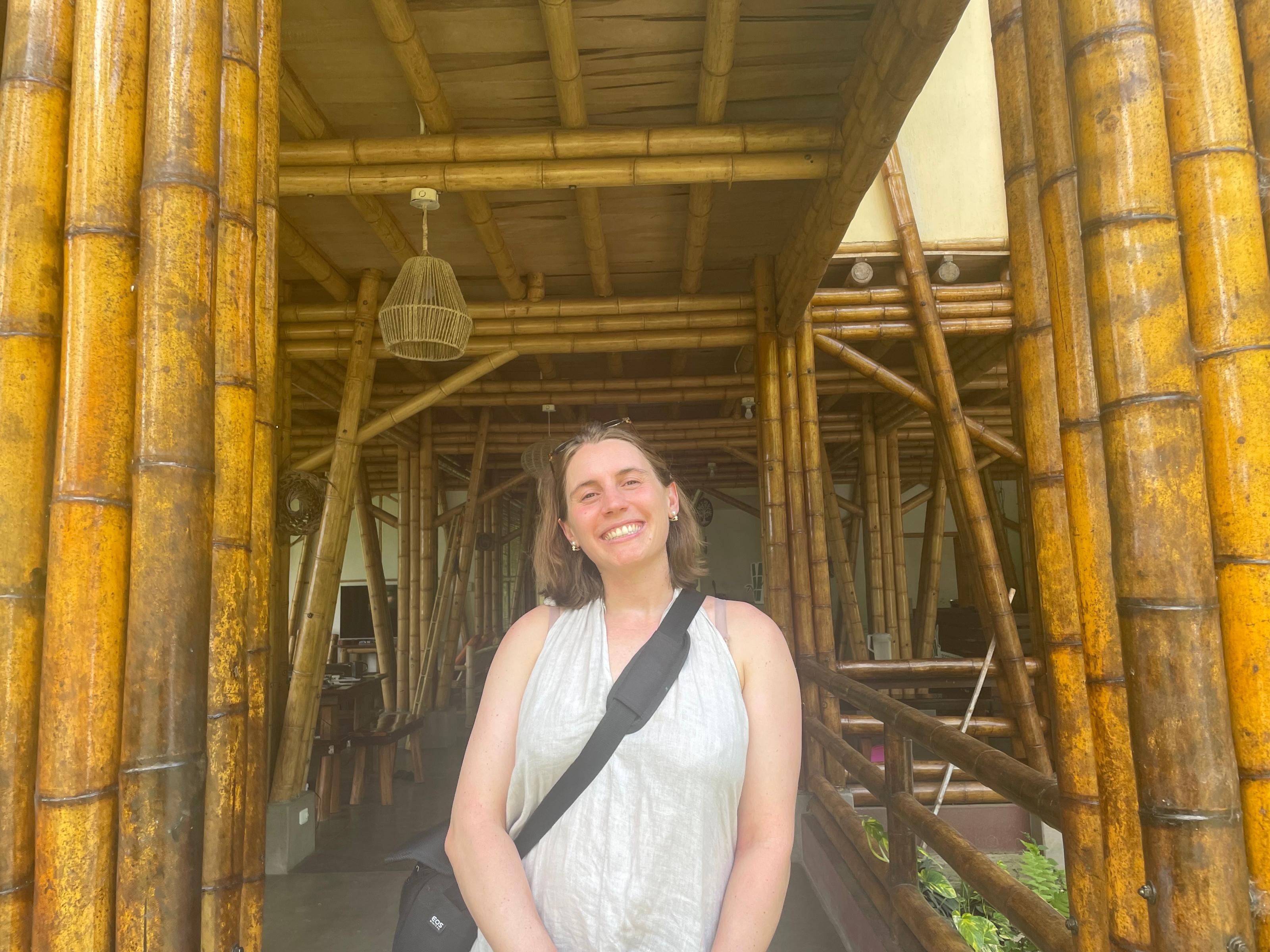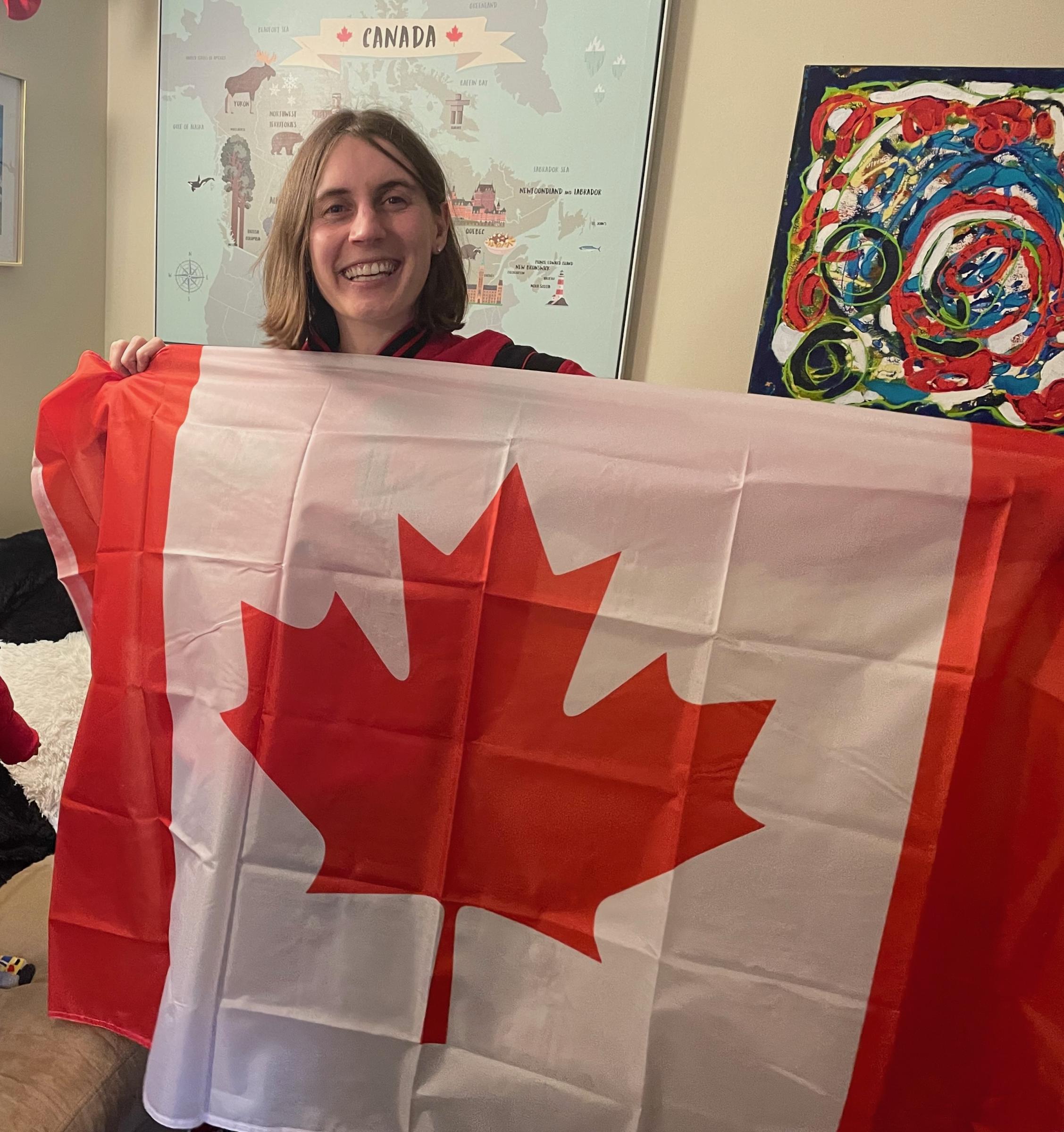Lucy Binfield
The Public Scholar Program is a rare opportunity to reach out of the "academic bubble" during PhD studies and create something that will be consumed by, and be useful to, many more people from different sectors. Specifically, I am excited about the chance to give back to my research participants, who have given me so much of their time and energy. As a public scholar, I will be able to create targeted and valuable resources for them.
Research description
What does being a Public Scholar mean?
The Public Scholar Program is a rare opportunity to reach out of the "academic bubble" during PhD studies and create something that will be consumed by, and be useful to, many more people from different sectors. Specifically, I am excited about the chance to give back to my research participants, who have given me so much of their time and energy. As a public scholar, I will be able to create targeted and valuable resources for them.
In what ways do you think the PhD experience can be re-imagined with this Initiative?
Academia is in a period of rapid change, and scholars now have the opportunity to help shape what future research outputs looks like. Traditional formats such as journal articles and theses are no longer the only ways to share knowledge, and the internet has opened the door for more democratic and accessible approaches. Academics are no longer the sole gatekeepers of global knowledge, but they do have an important role to play in adapting to this new paradigm. Through the Public Scholars Initiative, I am excited to explore innovative ways to communicate research, especially methods that deliver findings directly to target audiences such as local communities, whether that be through live events and training, created manuals and reports, or on-the-ground project delivery.
How do you envision connecting your PhD work with broader career possibilities?
Through my work in the broader sustainability and development space both before and during my PhD, I have had the chance to work with so many passionate, creative, hardworking and inspiring people in different communities and organizations. After graduating, I hope to use my PhD to continue making an impact in these fields, working with communities on high-impact and in-depth projects that improve lives. My work with the Public Scholars Initiative is an ideal complement for my career aspirations as well as being valuable work in its own right.
How does your research engage with the larger community and social partners?
I have benefited from an incredible network of community and social partners throughout my PhD journey, from my ex-colleagues at the International Bamboo and Rattan Organization to newer connections in the research community around the world, including many practitioners working on bamboo projects in different countries. I envisage the workshops planned as part of the Public Scholars Initiative to be the final part of my PhD and be an opportunity to thank and give back to this inspiring network.
Why did you decide to pursue a graduate degree?
While working for an international organization in China promoting bamboo for sustainable development, I wanted to deepen my expertise and dig deep into the complex questions surrounding how this remarkable plant can improve people’s lives or, at times, fall short of that promise. I also wanted to strengthen my own ability to critically interpret scientific literature and to generate new, evidence-based insights through rigorous academic research.
Why did you choose to come to British Columbia and study at UBC?
Choosing UBC was the combined result of two of my passions: spending time outside in nature and working with bamboo! The Faculty of Forestry is an emerging centre for multifaceted bamboo research in North America, so it was an obvious choice for my graduate studies, but I was definitely attracted to the stunning mountains, seas and lakes that BC has to offer. Vancouver is a wonderful city to be in, and I am now a proud Canadian citizen after receiving my citizenship this year.







